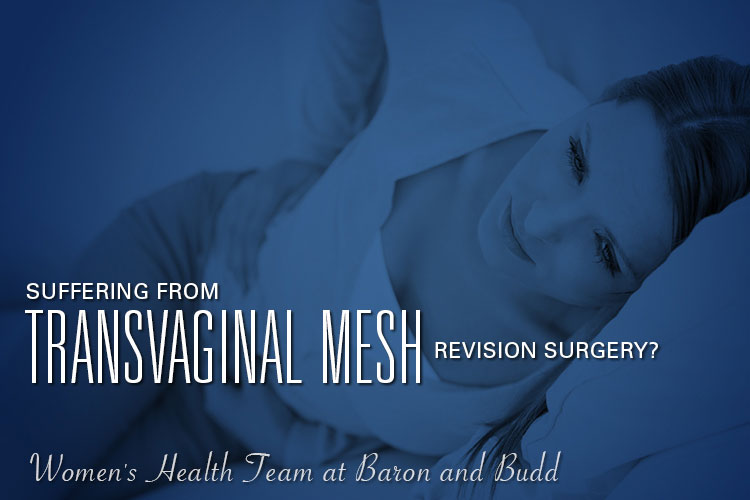Coping with Chronic Pain and Illness: Whole Health includes Psychological Health
An interview with Ann Becker Schutte, Ph.D Last year, for the first time, I attended Stanford...
READ MORE
Among the biggest concerns facing women’s health and treatment are possible complications from transvaginal mesh and transvaginal slings.
We have told you how before. We have told you why before. But in honor of Women’s Health Week, let’s get back to the who — to the women who have been hurt by transvaginal mesh and their stories .
We’ll start with a story of an anonymous woman we’ll call Sarah S.*
It starts with the good life. Two kids, a mortgage (not everything is perfect!) and a beloved husband. There is one little upset that interrupts her day, something that was bothering her for some time before she finally consulted a doctor. That nuisance would be stress urinary incontinence disorder (SUI), or maybe pelvic organ prolapse (POP), two conditions that tend to develop in women following childbirth, hysterectomies or menopause.
“It’s a simple surgery” — so said the doctor. “It will take about 30 minutes.”
And with that, she hops in.
A few weeks later, Sarah S. finds that she cannot urinate.
She goes to the doctor. He (or she) does not know what is wrong.
“It must be in your head” — of course the doctor did not say that out loud, but Sarah S. could read that loud and clear in his (or her) facial expressions.
“It must be in your head,” the beloved husband said too, when Sarah S. reported what felt like pinpricks every time she sat down. “The doctor said nothing is wrong,” he reminds Sarah S. ad nauseam.
It is all in your head — that became the daily mantra. No complaining. No complaining. No complaining, it is all in your head!
The pain, it was impossible to ignore. And each hour it was getting worse. Sarah S. woke up with the intention of not complaining, now she was screaming inside, “Get me to the hospital!“
At the hospital, the first few times, the doctor(s) likely said that nothing was wrong; that the transvaginal mesh surgery went well. The doctor said the pinpricks or the trouble urinating or the discomfort during intercourse was not due to the transvaginal mesh.
Finally, Sarah S. may find a doctor who agrees with what she has thought all along (It‘s not in your head!): the transvaginal mesh was causing the problems. It was eroding, crumbling, fraying, simply falling apart, protruding, falling out and breaking down inside of her. That’s where all the pain was coming from.
The doctor performs transvaginal mesh revision surgery #1.
Sarah S. had high hopes for this one, thinking it would solve all the problems the transvaginal mesh had caused. But unfortunately the doctor was not able to get all of the transvaginal mesh out and the pain, the difficulty urinating, the difficulty having intercourse — it’s all still a problem.
The doctor performs transvaginal mesh revision surgery #2.
The problems don’t go away.
The doctor performs transvaginal mesh revision surgery #3.
Lucky number three? No way. Three months after the third transvaginal mesh surgery, Sarah S. has to carry a catheter with her wherever she goes and each time she tries to sit — ouch, aks, ah!
But some things do quit.
Beloved husband. Trusted sister. Loving children. Everyone has just so much that they can give to one person, just so much that they can do until they decide it has been enough.
Husband is gone and Sarah S. loses her house, then her job (what good is she if she can barely walk, can’t even sit without a massive Aks!) and now Sarah S. is relying on the not-good-enough mix of disability, section 8 housing and her retirement savings.
Sarah S. keeps asking herself, “could I have seen it coming?”
Of course she couldn’t.
But the thing is, some people — the pharmaceutical companies that effectively stole Sarah’s life away from her — knew. They knew the risks. And they marketed the TVM products and still market them today, no matter how many sorrowful stories are reported.
We’ll be back soon with our next part in the series, highlighting Zoloft, a major threat to new mother’s to be and their babies.